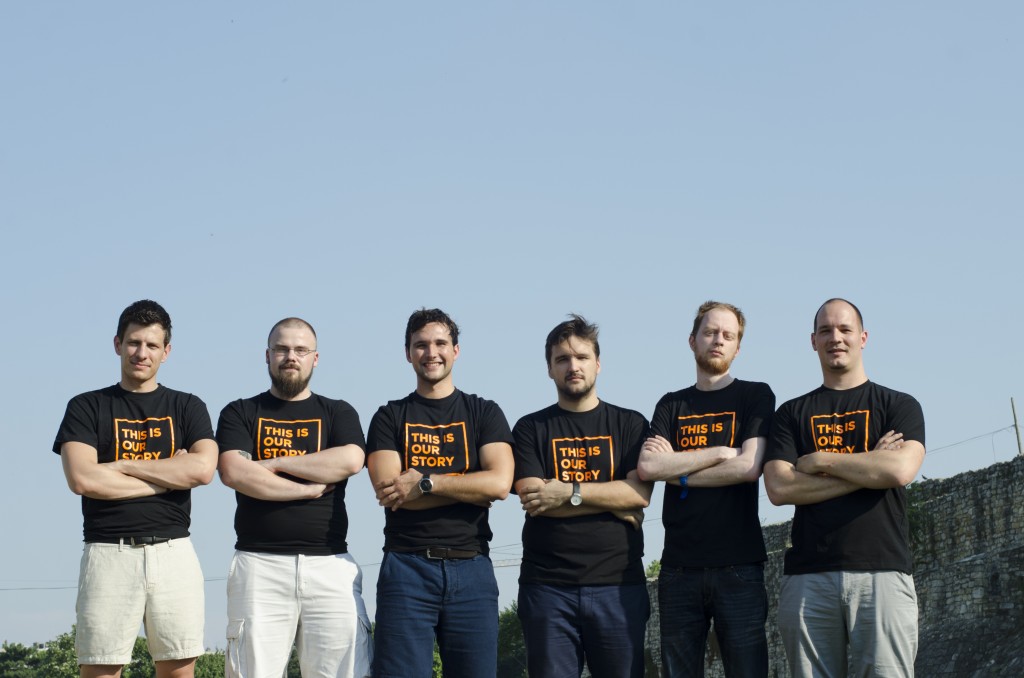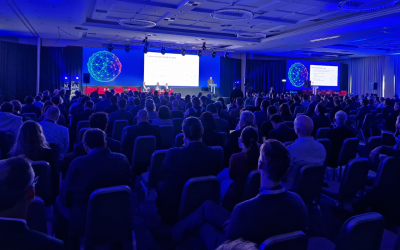Since food is a relatively low added value segment of the fast-moving consumer goods, food businesses are immensely sensitive to any additional costs that might arise from maintaining logistic capacities, be it transportation or warehousing, with cold chain capabilities or involving too many middlemen when distributing food products. Some food producers have to face increasing costs while bringing their products to the market if their logistic capacities are not fully loaded. In fact, KPMG estimated that one-quarter of food transport trucks on the road in 2011 were traveling with an empty cargo.
Consequently, the food producers have to face a difficult decision: they can make their deliveries less frequent and therefore make fewer sales, or they can absorb higher delivery costs that can turn any business into a less profitable one.
On the other hand, having to maintain the cold chain throughout all the delivery process raise a significant barrier, hard to overcome for many producers of perishable goods, artisanal food producers and farmers with little or no logistic capacities of their own. As a result, small scale food producers are usually kept out of entering relatively distant markets.
Foodko sets off to solve this problem in a unique way: it enables perishable food producers and distributors to share temperature-controlled supply chain assets –such as transportation and cold storages– in order to attain mutual benefits by sharing and therefore diminishing logistics costs. As a consequence, Foodko enhances the sales outreach and a better profitability. It facilitates collaboration between companies and farmers that, while not competing directly, are marketing and selling their products to a common pool of consumers.
Foodko is directed both towards B2B collaboration between groups of producers through a seamless dashboard and directly to the final customers and end-consumers, as it also includes web and mobile functionalities.
 Foodko has been developed by Prospeh d.o.o., a young company based in Ljubljana (Slovenia). The team already had plenty of experience solving challenges within the food industry: they launched OriginTrail SaaS platform, partnering with three large food producing companies from the meat, dairy and vegetable sectors. The platform allowed its users to unveil the origin of each raw material for any particular batch of processed food they have produced.
Foodko has been developed by Prospeh d.o.o., a young company based in Ljubljana (Slovenia). The team already had plenty of experience solving challenges within the food industry: they launched OriginTrail SaaS platform, partnering with three large food producing companies from the meat, dairy and vegetable sectors. The platform allowed its users to unveil the origin of each raw material for any particular batch of processed food they have produced.
Adopting Foodko as a complementary solution was the logical next step both for Prospeh and for their partners.
The mission of the passionate team behind Foodko is to empower the producers and allow them to establish a positive difference among themselves in the market, based on the origin of their products, while eases the creation of a direct and authentic relationship with their clients, also fostering buyers which want to support a more ethical consumption of food by bringing the products straight and efficiently to the final customers, picking the shortest and quickest transportation options through a shared delivery distribution network, reducing costs and lightening the carbon footprint.
Foodko is powered by FIWARE. By using the latest ICT technologies, the solution accomplishes a uniquely optimized minimum waste intelligent food delivery system.
This delivery intelligence is built on top of the fast geo-searching Point of interest Generic Enabler (GE), in conjunction with the Orion Context Broker GE, which enables Foddko to find and point out the optimal ways of creating distribution channels on-the-fly, connecting the final consumers to the local farmers and food producers and keeping the system always on the move! Those two main Generic Enables are used along with other 6 GE’s that aid in the development and delivery of all the functionalities that Foodko is offering, and make them available through both Web and mobile interfaces.
Foodko solution is already being used both by prominent corporations producing perishable food and by local farmers. Currently 3 big food producing companies, with over €50M of yearly revenue, are Prospeh’s clients. At the same time, around 30 smaller local producers are also employing Foodko to improve their businesses. By selling products directly to those who consume it (be it shoppers or B2B buyers), Foodko users not only saves costs but also earn a higher profit margin, as they avoid middlemen.
The key value proposition for all of them is the ability to deliver their products through a shared distribution network and straight to their final customers in an economically and environmentally sustainable way.
This is our story, which is yours?



